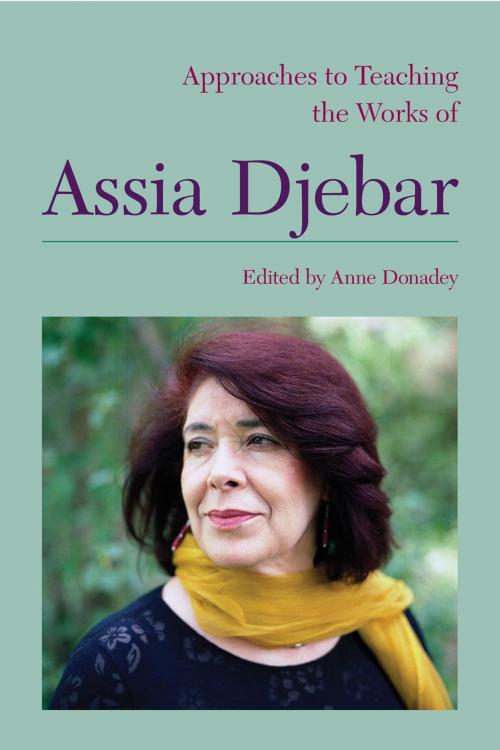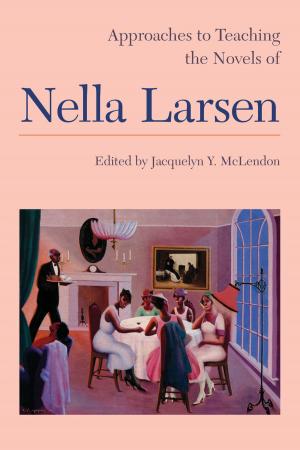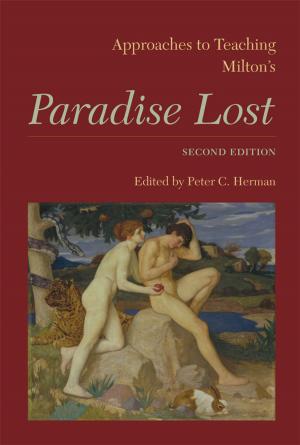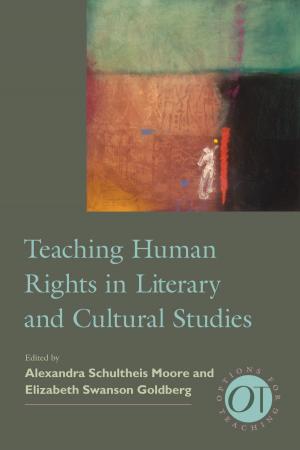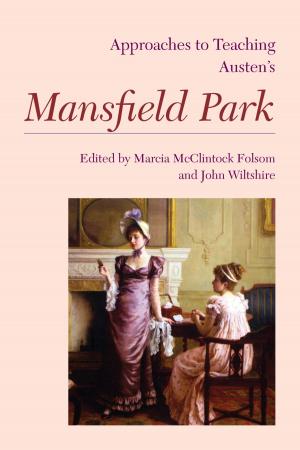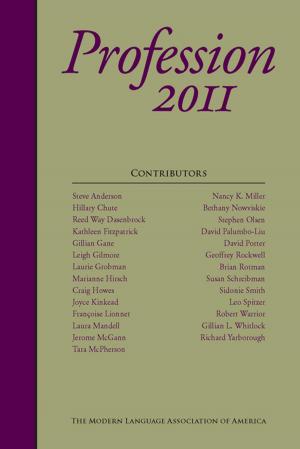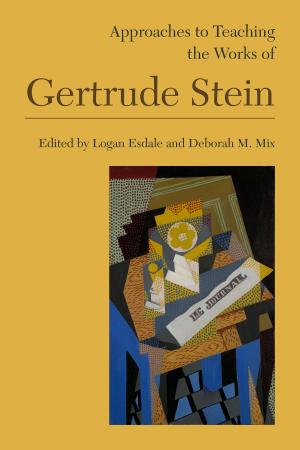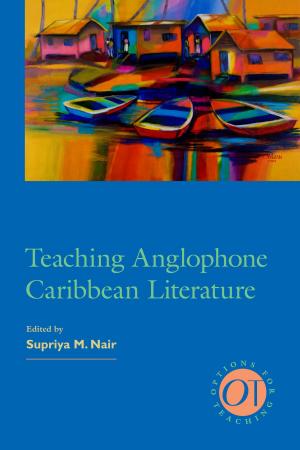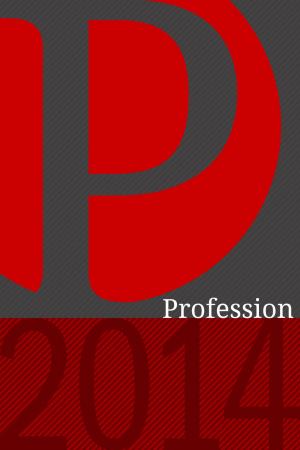Approaches to Teaching the Works of Assia Djebar
Fiction & Literature, Literary Theory & Criticism, African, Women Authors, Nonfiction, Reference & Language, Language Arts, Study & Teaching| Author: | ISBN: | 9781603292979 | |
| Publisher: | The Modern Language Association of America | Publication: | June 1, 2017 |
| Imprint: | The Modern Language Association of America | Language: | English |
| Author: | |
| ISBN: | 9781603292979 |
| Publisher: | The Modern Language Association of America |
| Publication: | June 1, 2017 |
| Imprint: | The Modern Language Association of America |
| Language: | English |
A significant and prolific francophone writer and filmmaker, Assia Djebar is celebrated for her experimental, multilingual prose and her nuanced, imaginative representations of Algeria. From her first novel, La soif (The Mischief), to her final book, Nulle part dans la maison de mon père ("No Place in My Father's House"), she offers a wealth of pedagogical and theoretical possibilities.
Part 1, "Materials," presents valuable teaching resources, including biographical information, French- and English-language editions of Djebar's writing, and secondary works. In part 2, "Approaches," contributors address the issues of and controversy surrounding her oeuvre, drawing on a range of interdisciplinary approaches and classroom strategies. Topics in the volume include translation studies, Islamic feminism, colonial and postcolonial contexts, autobiographical writing, historiography, postmodern and avant-garde literary experimentation, and visual culture. Gayatri Chakravorty Spivak provides an afterword. This volume makes clear the political, intellectual, and artistic importance of Djebar.
A significant and prolific francophone writer and filmmaker, Assia Djebar is celebrated for her experimental, multilingual prose and her nuanced, imaginative representations of Algeria. From her first novel, La soif (The Mischief), to her final book, Nulle part dans la maison de mon père ("No Place in My Father's House"), she offers a wealth of pedagogical and theoretical possibilities.
Part 1, "Materials," presents valuable teaching resources, including biographical information, French- and English-language editions of Djebar's writing, and secondary works. In part 2, "Approaches," contributors address the issues of and controversy surrounding her oeuvre, drawing on a range of interdisciplinary approaches and classroom strategies. Topics in the volume include translation studies, Islamic feminism, colonial and postcolonial contexts, autobiographical writing, historiography, postmodern and avant-garde literary experimentation, and visual culture. Gayatri Chakravorty Spivak provides an afterword. This volume makes clear the political, intellectual, and artistic importance of Djebar.
